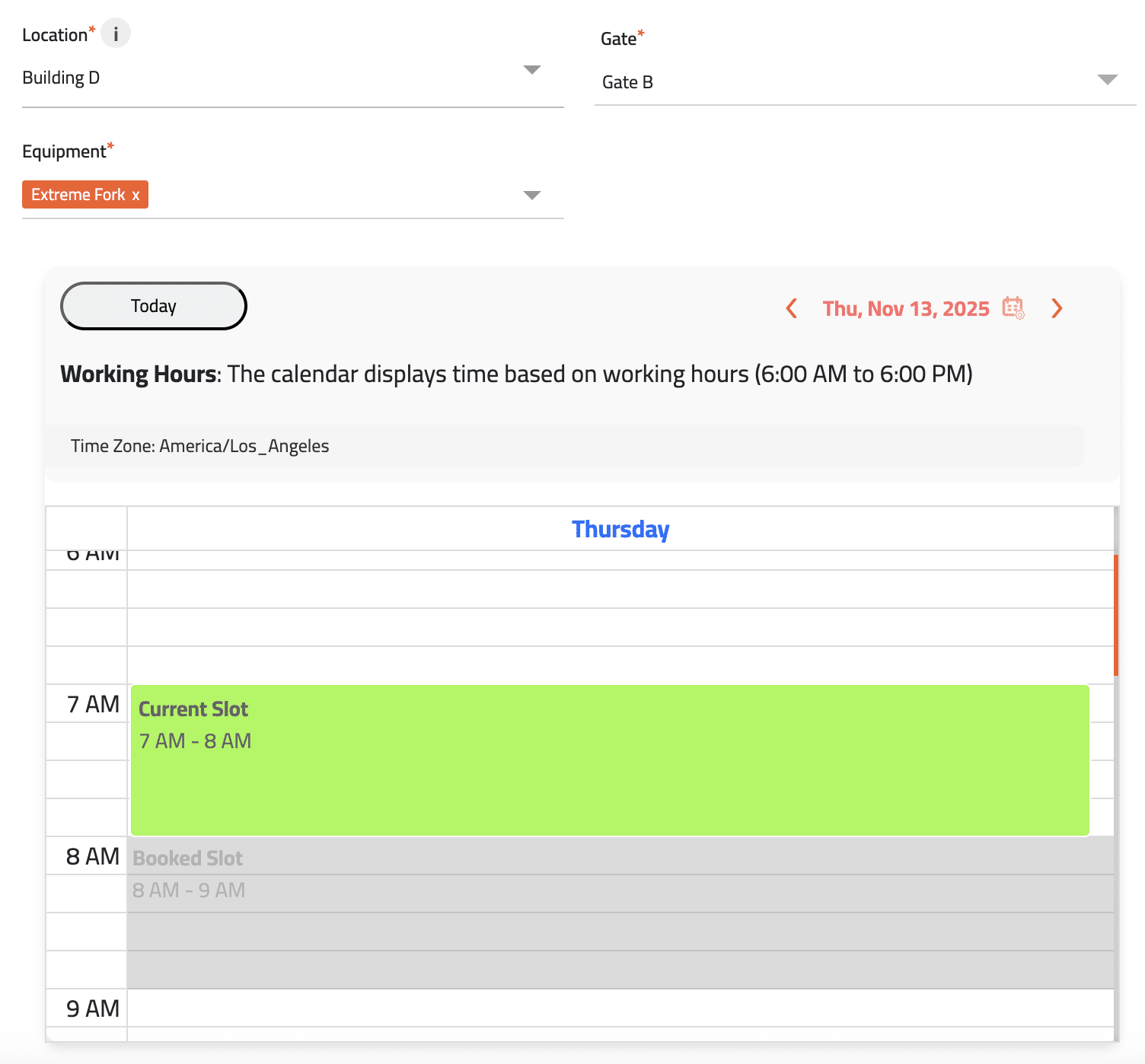Delivery planning is a critical aspect of construction projects, and optimizing this process can significantly impact project timelines, costs, and customer satisfaction. In recent years, the construction industry has witnessed the emergence of predictive analytics as a powerful tool for enhancing delivery planning. By leveraging historical data, real-time information, and advanced algorithms, predictive analytics enables construction professionals to make informed decisions, anticipate challenges, and streamline the delivery process. In this article, we will explore the power of predictive analytics in optimizing delivery planning and how Follo’s construction delivery app leverages this technology to drive efficiency and success.
Data-Driven Decision Making:
Predictive analytics empowers construction professionals to make data-driven decisions when it comes to delivery planning. By analyzing historical data related to delivery routes, traffic patterns, weather conditions, and other relevant factors, predictive analytics algorithms can identify patterns and trends. This enables construction professionals to optimize delivery routes, select the most efficient transportation modes, and allocate resources effectively. Data-driven decision making minimizes the risk of delays, improves resource utilization, and enhances overall efficiency in delivery planning.
Anticipating Potential Delays:
One of the key advantages of predictive analytics in delivery planning is its ability to anticipate potential delays. By analyzing real-time data such as traffic conditions, road closures, and weather forecasts, predictive analytics algorithms can predict possible disruptions in the delivery process. This allows construction professionals to proactively adjust delivery schedules, reroute vehicles, or allocate additional resources to mitigate potential delays. Anticipating and addressing delays in advance minimizes disruptions, improves project timelines, and enhances customer satisfaction.
Optimizing Delivery Routes:
Delivery planning involves determining the most efficient routes for transporting materials and equipment to the construction site. Predictive analytics plays a crucial role in optimizing delivery routes by considering factors such as distance, traffic congestion, and time of day. By analyzing historical data and real-time information, predictive analytics algorithms can identify the optimal routes that minimize travel time, fuel consumption, and overall costs. Optimized delivery routes result in faster deliveries, reduced fuel expenses, and improved operational efficiency.
Resource Allocation and Inventory Management:
Effective delivery planning requires efficient resource allocation and inventory management. Predictive analytics can help construction professionals optimize resource allocation by analyzing historical data on material usage, demand patterns, and supplier performance. By accurately forecasting material requirements and coordinating with suppliers, construction professionals can ensure timely availability of materials for delivery. This prevents delays caused by material shortages and improves overall project efficiency. Additionally, predictive analytics can help optimize inventory management by identifying optimal stock levels, reducing excess inventory, and minimizing carrying costs.
Continuous Improvement and Adaptability:
Predictive analytics is not a one-time solution but a continuous process of improvement and adaptability. By continuously collecting and analyzing data, construction professionals can refine delivery planning strategies, identify areas for improvement, and adapt to changing project requirements. Predictive analytics provides valuable insights and feedback that can inform future decision making, allowing construction professionals to optimize delivery planning over time and achieve continuous improvements in efficiency and performance.
Conclusion:
Predictive analytics is transforming delivery planning in the construction industry, enabling construction professionals to optimize routes, anticipate potential delays, and improve overall efficiency. By leveraging historical data, real-time insights, and advanced algorithms, construction professionals can make data-driven decisions, optimize delivery routes, allocate resources effectively, and enhance customer satisfaction. Follo’s construction delivery app harnesses the power of predictive analytics to streamline delivery planning and drive success in construction projects. With its robust features and user-friendly interface, Follo empowers construction professionals to leverage the benefits of predictive analytics and optimize delivery planning for improved project outcomes. To learn more about Follo’s construction delivery app and experience the power of predictive analytics in action, visit follo.co.
